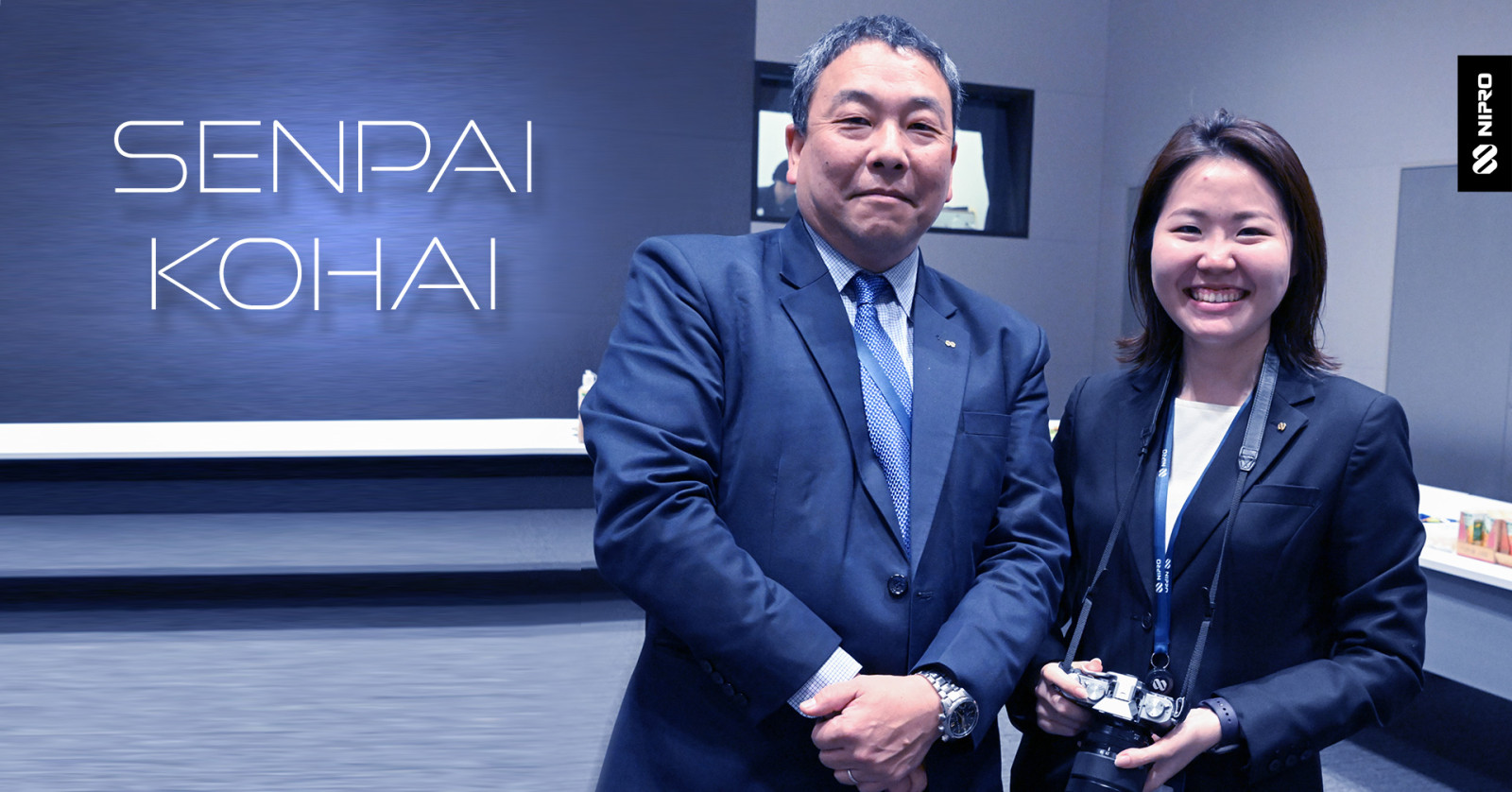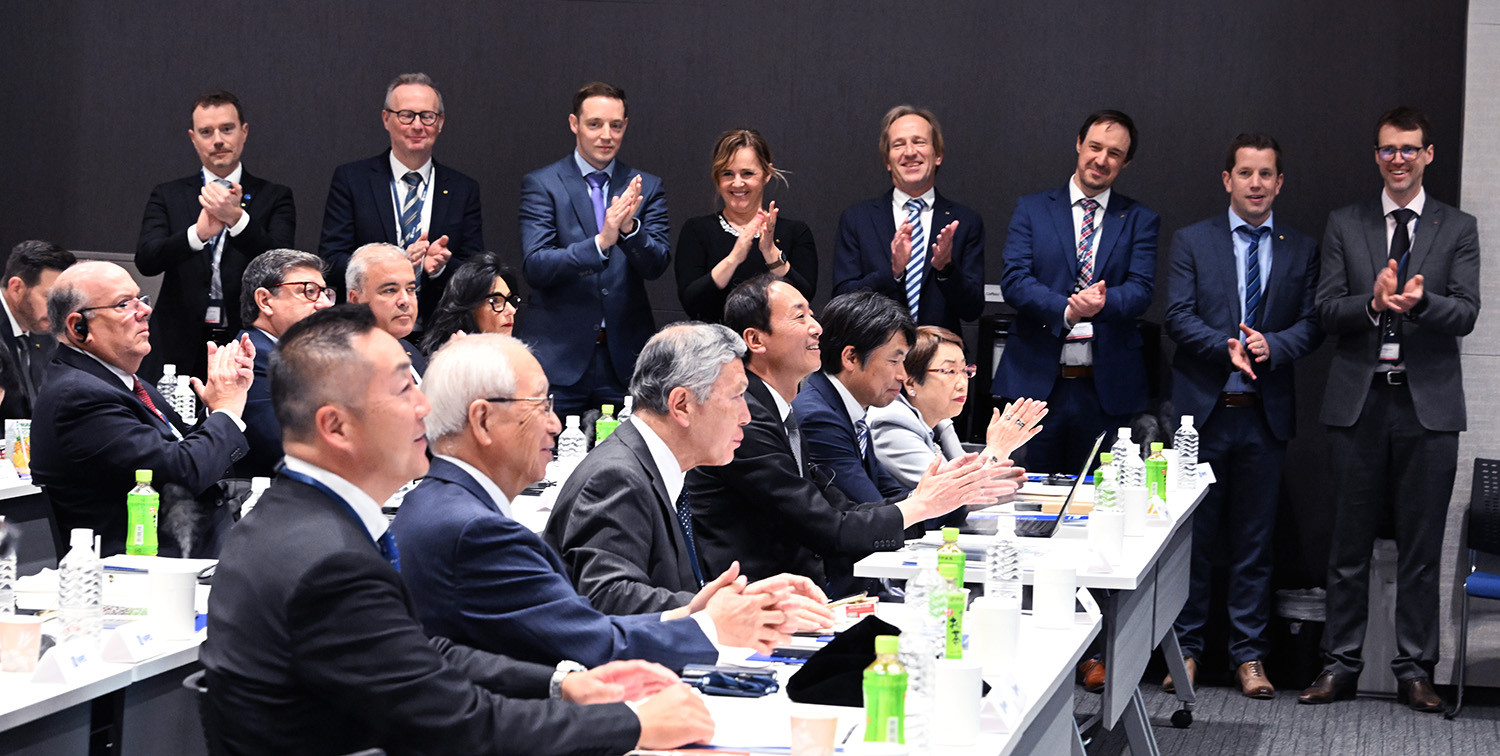
Welcome back to our series on Japanese Business Philosophies. Last month, we focused on ikigai, a concept that combines the terms iki, meaning “alive” or “life", and gai, meaning “benefit” or “worth” – together forming ikigai to mean “that which gives your life worth, meaning, or purpose". This month, we look at the Japanese concept of senpai-kohai.
In Western society, this can loosely be understood as a mentor-mentee relationship – but it goes further. In a senpai-kohai relationship, the older, more experienced person cherishes the younger, less experienced one, and there is an order between the two. Guidance sought and advice given is often related to work matters – but it can expand to life matters in general.
The senpai-kohai relationship is interdependent. Senpai (“senior”) refers to someone with a higher level, hierarchy, age, or experience in an organization, who offers assistance or counsel to another who is less experienced, known as kohai (“junior”). The kohai, in turn, demonstrates gratitude, loyalty, and respect to the senpai. The kohai defers to the senpai’s experience and seniority, and speaks to the senpai using honorific language.
The senpai-kohai system is deeply ingrained in Japanese history with three important elements that greatly impacted its development: Confucianism; a traditional family system with the father as the head; and, the Civil Code of 1898 which strengthened the rules of the privilege of seniority.
This concept eventually became part of Japanese culture, and is seen, even today, in many aspects of Japanese life, including business. In organizations, businesses, schools, associations, and clubs, the senpai and kohai relationships represent a sort of informal hierarchical interpersonal relationship.
The concept of senpai-kohai is one of symbiotic support. Our colleague, Erika Naito – a Japanese who now works at our office in Mechelen, Belgium – shares:
“To be honest, I’m not sure this hierarchic system would work outside of Japan due to the cultural differences. However, the beauty of this system is that it can be applied anywhere, keeping the following guidelines in mind. A senpai should genuinely and affectionately want to foster a junior, showing this in a warm manner. A kohai, on the other hand, should have an open and sincere attitude towards accepting advice from a senpai. Most importantly, there should be respect in both directions so that the organization can be healthy and strong, enabling employees to perform at a high level. Having a warm heart is the common language – and this is deliverable and possible in every culture.”

As large Japanese companies hire new graduates en masse, a new employee will be able to find many senpais who had joined the company the previous year. A kohai will find it reassuring that there are people of a similar age and years of experience in the same workplace, while for the senpais, guiding a kohai will be part of their growth.

As senpai-kohai is unique to Japanese society, our colleague, Satomi Honda, from Japan shares her personal experience:
“I have been a kohai to all my senpais since I entered Nipro 4 years ago. On the other hand, my experience as a senpai varies. In fact, I’m just going to start as a senpai for those who joined this year.
As a senpai, the crucial thing is to remember that a kohai is going to grow watching you and other senpais around them. So, it is important to offer the right guidance and support in order that kohais can develop their strengths at work, even if it means having to be harsh when a kohai does something wrong.
As a kohai, it is important to be polite, supportive, and humble, as well as show respect to senpais – all necessary mannerisms to building good working relationships. While receiving guidance from a senpai is available, a kohai should always be highly motivated to keep learning and be proactive in taking initiatives at work, no matter how small.
Every senpai-kohai relationship is unique – and it’s closer than that of an employee and a supervisor. Having a strong one can be a good mental support that is mutually beneficial. For example, kohais can ask their senpais for advice on life at work and even beyond work, while in turn, receiving strong, genuine support from a kohai can make the life of a senpai smoother.”

’Live Longer. Live Better.’ This is our slogan at Nipro. And making life smoother for all is part of what we do at Nipro – be it through value-based care, or by creating a work environment that encourages and enables growth.
Want to experience working at Nipro?
Explore our current job openings here!